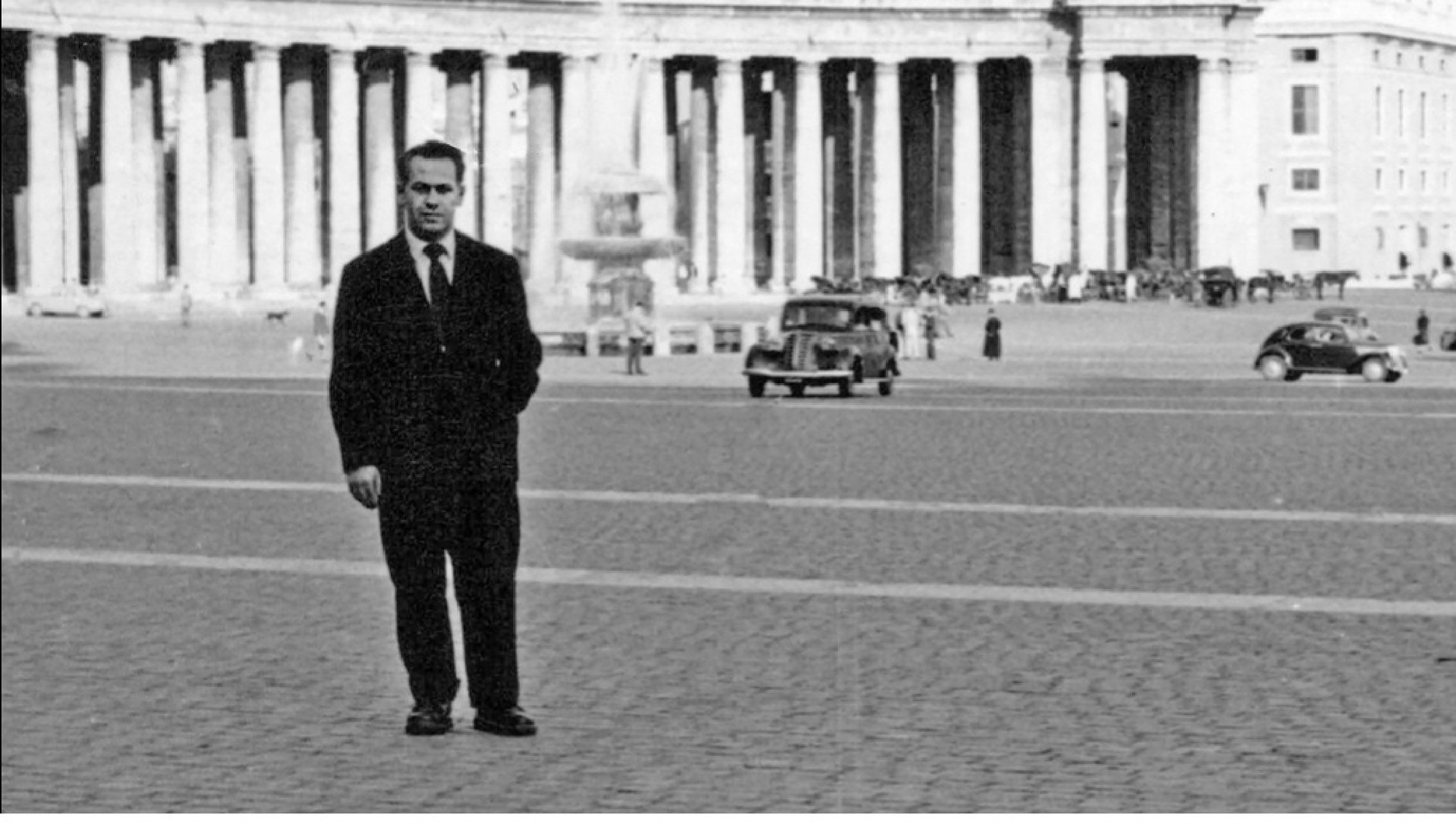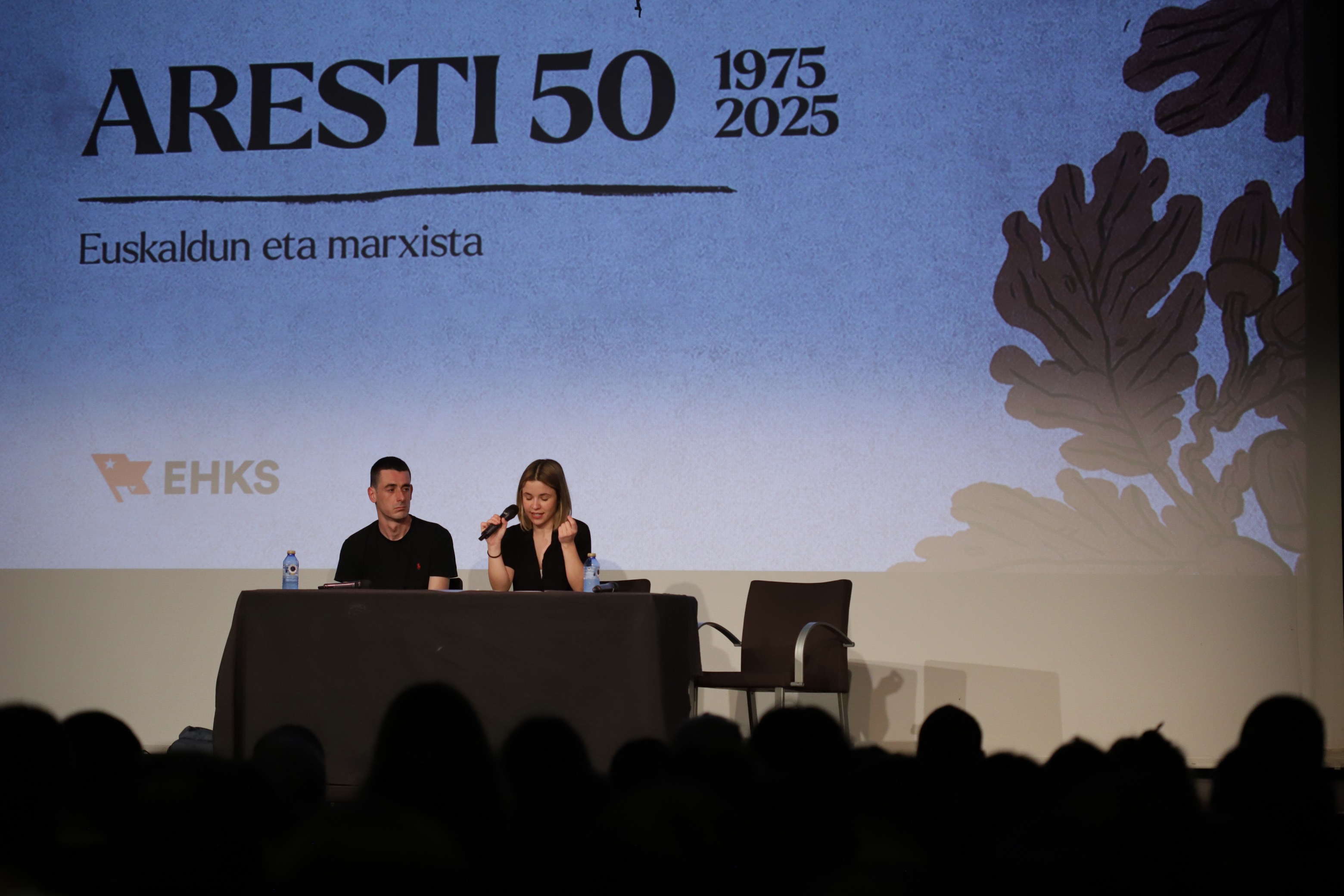You will offer the talk ‘Experiences of a writer who writes in Basque’. What will you explain in the program?
The title itself says so. I want to explain the role that literature has played in my life and in the development of the Basque Country, and I will do so from personal experience. I will explain what it means to be a writer and a literary writer in the world and in the Basque language, always based on the issues I have seen. In short, I will review my trajectory from the point of view of literature and the Basque Country, since my trajectory is not beyond the path that literature and the Basque country have travelled in the last half century.
You'll go through your trajectory. How are you going to tell your experiences?
I don't know what public awaits me, but I want to reflect on the role of literature in today's society. I will also refer to the role of literature in the trajectory of the Basque country. It will not be a mere experience or report; the experiences will be an excuse for reflection, as they do not serve at all if it is not to contextualize them.
As a writer, do you have to develop well in speech?
It doesn't have to be that way. There are people who are clumsy in the conversation and then write very well, for example, Koldo Mitxelena. I think he's the most outstanding writer the Basque has ever given, not in the literary record, but in the record of thought. Mitxelena had a unique character. However, he bothered to talk, because he thought too much of a hurry. He couldn't keep the speed of his conversation, because the way he wrote differs enormously from his way of speaking. Among these writers, there is often no writing unit with the verbal.
Is it easy to write today in Basque?
Writing in Basque is difficult. It has been more than 50 years since I had difficulty writing in Basque.
Why do you say that?
I know the Basque better than 50 years ago, but the demand I place on myself is also greater. I pay more attention to the development of work and I have become much more demanding with our language. I can write very quickly. I will say this in the most positive sense, but many times the writer cannot write what he wants. You want to take advantage of all the opportunities that language offers you, but that requires you to be more attentive and reflect more on work. However, we come to reflect on what the Basque is going to be.
As a writer, where have you encountered the biggest difficulties?
I don't know if the difficulty is the right word, but Otto Pette's book is the one that has given me the most work. Telling a story that happened hundreds of years ago is more difficult, because you have to invent a record. There's a pact in every book, because I'm credible, and I have to sell to the reader that history is credible. However, in the time history is told, the pact between the reader and the writer goes further, and that pact is plausible. You have to believe because I tell you. At first, that language becomes strange, but at the end of the day, in that language, history works.
If you select a record, what's your record?
There's an expression: the size of the shoe's foot. You don't go to the mountain with sneakers, and at home you don't go with mountain boots. The link that the registry should have is the same as what it wants to count. There is no doubt that the latest literary essay I have published could also write it in a crude or rude tone, but it is not the most normal one. I've written it in another tone, of course, but I haven't done it in an academic tone, because I'm not interested in writing that way.
This Thursday's is not the first talk you're going to give in Azkoitia.
No. In addition, during these days, I was preparing a talk, when I remembered that one of the first talks I was given in my life was in Azkoitia. About 45 years ago, I gave this conference on Pius Baroja. It was a place behind the church and I still remember a little bit of that room. At the time I had published a number of papers on Pius Baroja, and apparently someone was interested in what I wrote. So I went to Azkoitia to offer that conference.






















